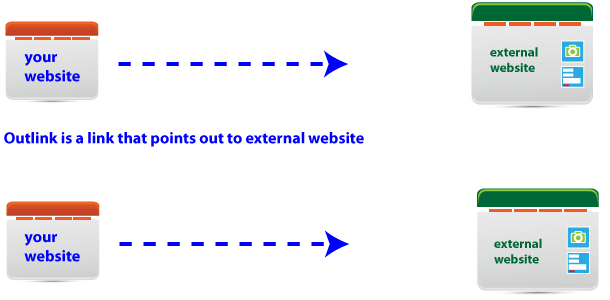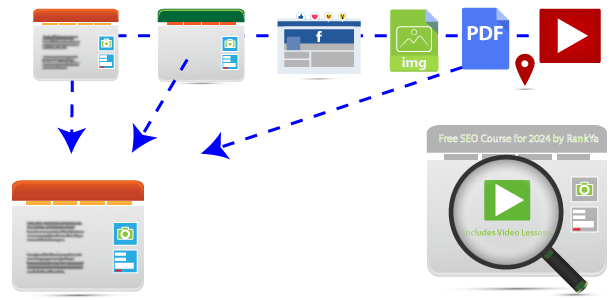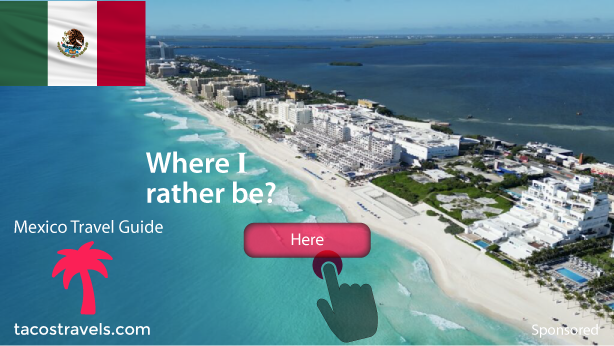Links are the binding glue of WWW, and within that world wide web are resources identified, as in, located through their URL (Uniform Resource Locator). For Google search engine algorithms, a web page is a resource, and thus, Google evaluates everything within that web resource, and any linked resource.
Outbound Links “Outlink” is a web link that points the user to an external website.
Outlinks can be used to compliment content and add value to user experience (links to reputable external resources). Outbound links provide additional context and value for web site visitors, a web page can and should link out to other resources for higher Google ranking results as well.

Google search engine follows links and evaluates the link relations between web resources. Whenever you create content, it is natural to use outlinks to related resources which compliments The Content.
Outlink Mistakes to Avoid
- Do not just outlink to Wikipedia
- Only use link target=”_new” or target=”_blank” when absolutely necessary
- If using target=”_new” or target=”_blank”on links, then use CSS to provide visual cues
// Target blank icon CSS example
a[target="_blank"]::after {
content:url(data:image/png;base64,iVBORw0KGgoAAAANSUhEUgAAAAoAAAAKCAYAAACNMs+9AAAAQElEQVR42qXKwQkAIAxDUUdxtO6/RBQkQZvSi8I/pL4BoGw/XPkh4XigPmsUgh0626AjRsgxHTkUThsG2T/sIlzdTsp52kSS1wAAAABJRU5ErkJggg==);
margin:0 4px
}
Video Tutorial Showing How To SEO Outbound Links
Optimizing Outlink in HTML documents
When it comes to Google rankings and SEO, without following links, Google search engine could not show text based results. That means, when a website is NOT linking OUT it becomes a dead-end street as search engines have nowhere else (NO other URLs) to go and visit.
Let’s imagine a business website offering Gardening Services, it can link out to various other resources (e.g. flower names, native seasonal flowers, how to care for garden in winter etc. etc.) on the internet complimenting the content on the business website. This is important because when search engines follow a link, they analyze the content on both ends, then, create an association of the linking and linked resource.
Where to link out to will depend on the website industry, competitiveness of target keywords, and the type of content you create. Here are some suggestions by RankYa for outbound links:
- You can use target keywords in anchor text when outlinking
- You can use non-competing websites which are related to the content on your web page
- Outlink should usually be placed AFTER an internal link on critically important for conversion web pages
- Blog posts are a great way to create association between related web sites and your own website
- Outbound links are as important as natural Backlinks for SEO



Reading the guide, I’ve learned some insightful tips, like that when optimizing outlinks, we should avoid just outlinking to Wikipedia.
Another cool thing is that we have to be reminded not to use competing websites which are related to the content on your web page.]